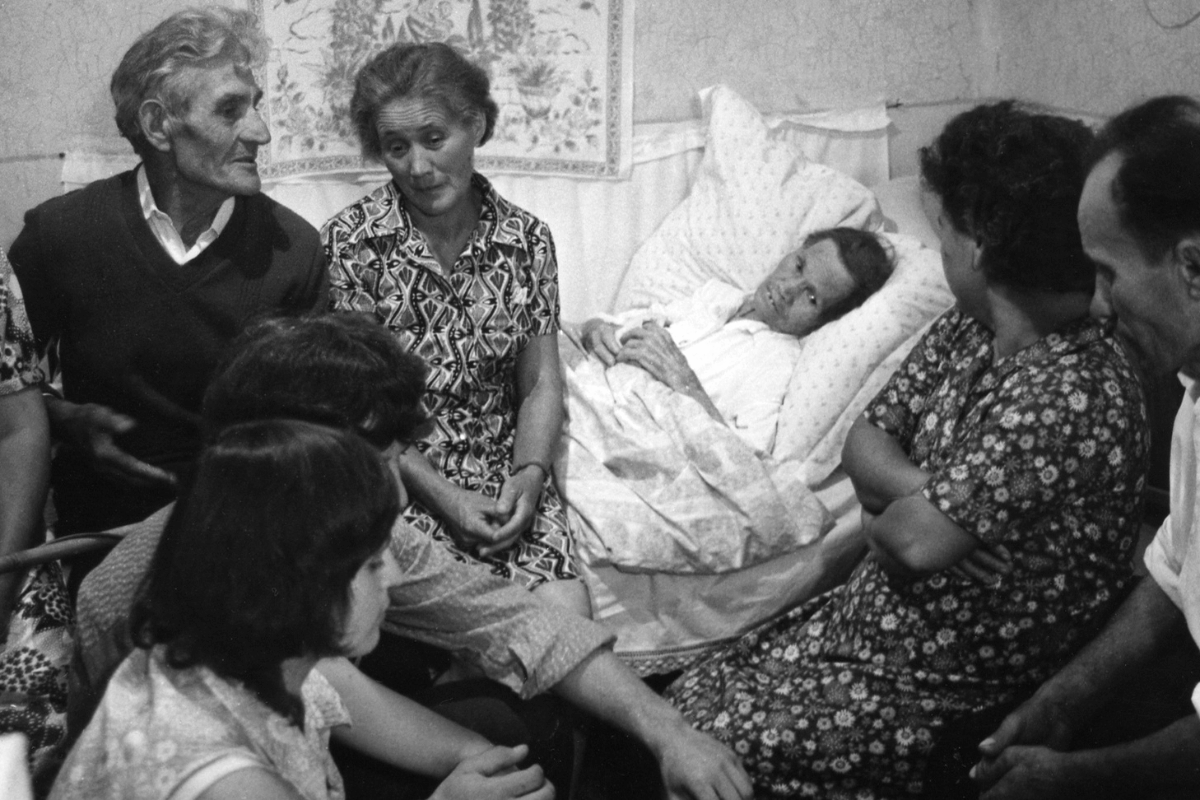
A COMMONPLACE STORY
Egyszerű történet
Hungary | 1975 | 100 min | bn | restored copy
A Hungarian Village’s characters return in this film: again, we meet the young women labourers and peasants, the grownups, and the kids. There are Marika and her mother too, their stories, their lives ruled by ancient habits and others’ points of view. Their shame and their determination. Judit Elek revisits the places of her previous film, reworking and reediting interviews, meetings, images from everyday life. She observes through her constantly mobile camera, painstakingly aimed at the imperceptible variations of the gazes, the hesitations, the words whispered and those uttered looking at the camera itself. The film establishes a dialogue with the previous film but it is a dialogue and an encounter in its own right; an intense dialogue between the one who films and those who are filmed in which the observation of reality is the point of departure for an unceasingly poetical gaze that keeps on exploring the inner world of the people through the visible elements that surround them. (d.d.)


